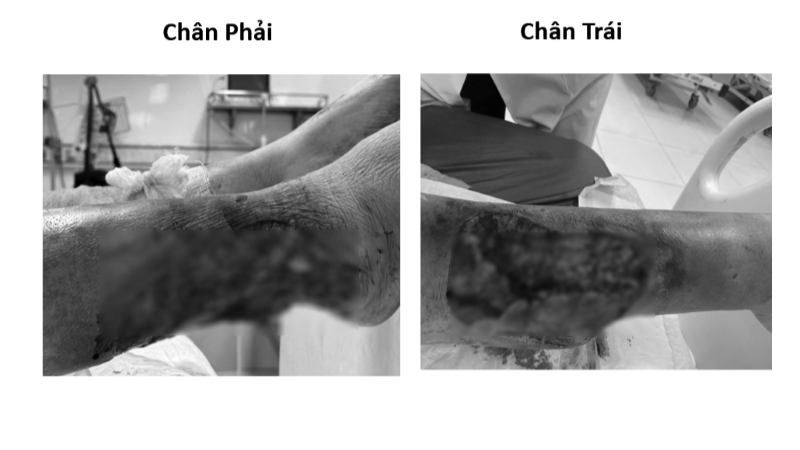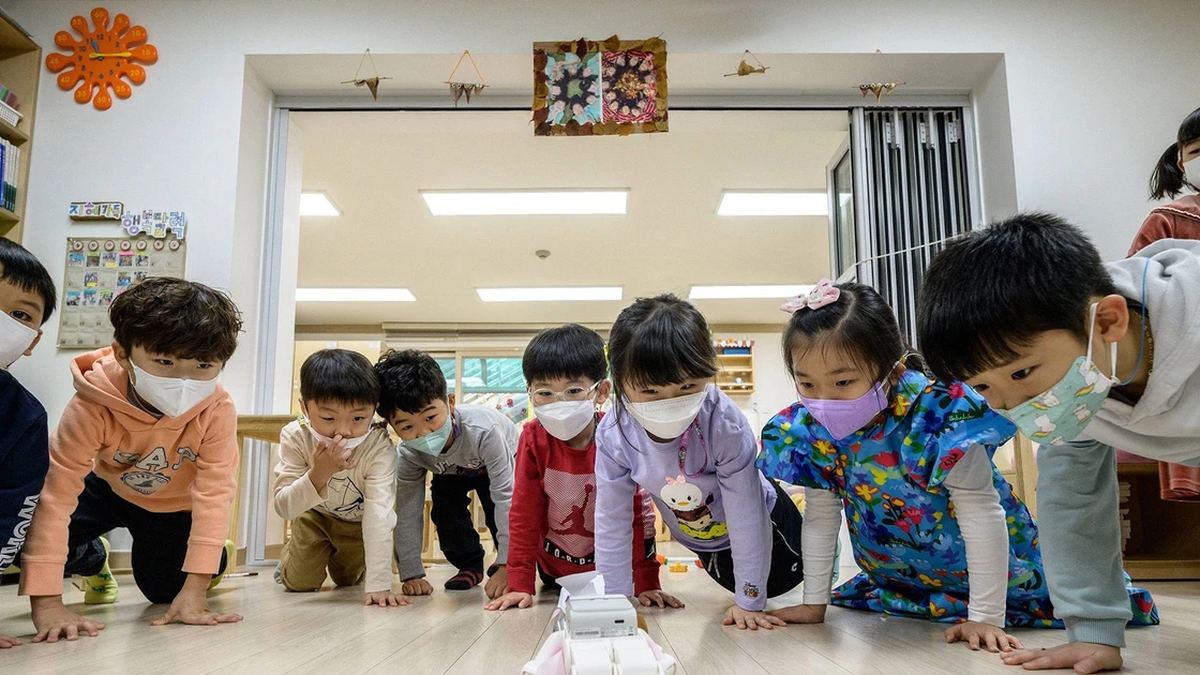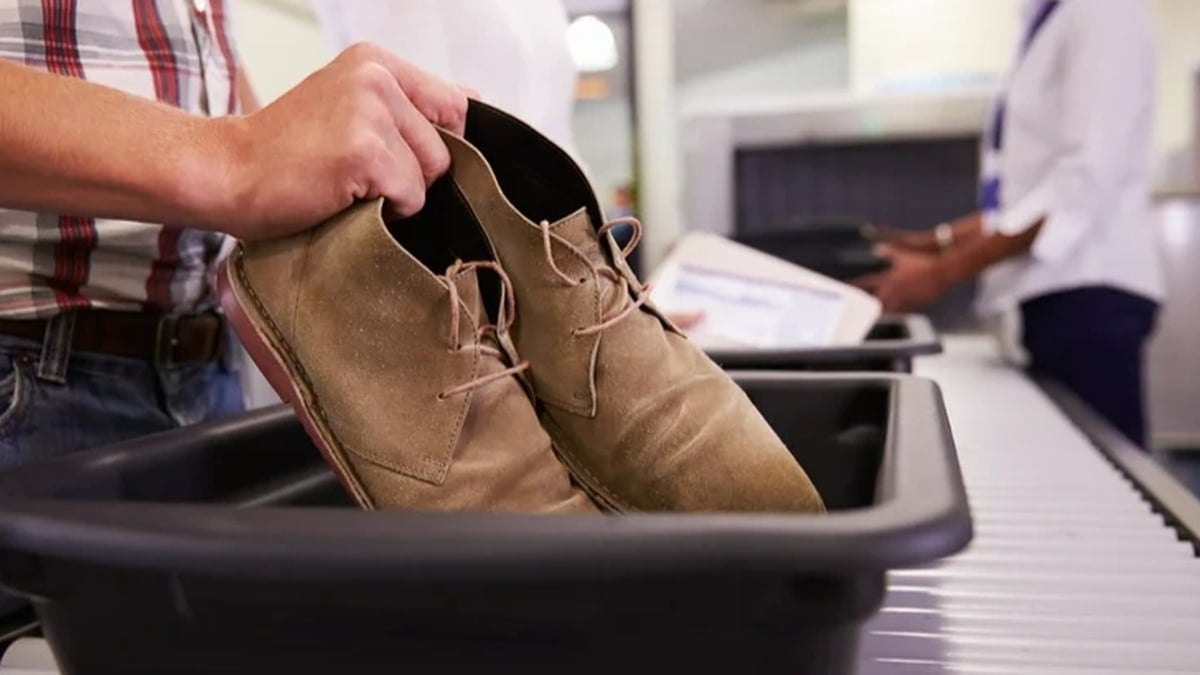
The Central Endocrinology Hospital has just admitted a 55-year-old female patient with skin peeling injuries on both legs due to a traffic accident. The wound is at risk of necrosis and needs to be treated quickly.
The patient had a history of type 2 diabetes for 12 years, hypertension, dyslipidemia and adrenal insufficiency due to long-term medication. About 30 minutes before being admitted to the hospital, while driving a motorbike, the patient unfortunately fell off the bike, resulting in extensive skin damage, exposing the fascia in the calf area.
Immediately after admission, the Intensive Care Department quickly conducted an interdisciplinary consultation with the Surgery Department and the Foot Care Department to assess the extent of the injury and risk of infection.
The doctors agreed to coordinate conservative treatment, combined with active wound care to avoid necrosis, minimizing the risk of requiring deep surgical intervention or amputation - a serious complication in people with diabetes. At the same time, the team of cosmetic doctors from the High-Tech Department was also invited to consult to plan skin grafting to restore the damaged area, ensuring both function and aesthetics after treatment for the patient.
Dr. Do Dinh Dieu, Department of Intensive Care, said: “At the time of admission, the patient was conscious, hemodynamically stable, vital signs were normal, and no bone or joint injuries were recorded on X-ray images. However, because the patient had a complex chronic disease, especially long-term diabetes, the wound was at high risk of infection and necrosis if not treated properly.
The patient was vaccinated against tetanus, given broad-spectrum antibiotics, controlled blood sugar with insulin, combined with lowering blood lipids and blood pressure according to the protocol. Bandage changes and wound cleaning were performed daily to prevent local complications.
Doctors warn that the above case is a clear warning for people with diabetes about the risk of serious complications from seemingly simple injuries. Small wounds or minor accidents can quickly become serious if not monitored and treated early, especially when the immune system and wound healing ability are impaired.
Therefore, diabetic patients should check their feet every day, not go barefoot, choose suitable footwear and go to a medical facility immediately if there are scratches, blisters, burns or strong impacts on the lower limbs.
According to Dr. Dieu's advice, taking good care of diabetic feet is an effective way to protect patients from dangerous complications. It is important not only to treat diabetes with medication but also to control stable blood sugar, combine a reasonable lifestyle and diet, and have regular check-ups to detect early and promptly handle possible risks.
Source: https://nhandan.vn/loc-da-cang-chan-o-benh-nhan-tieu-duong-canh-bao-bien-chung-tu-nhung-tai-nan-tuong-chung-don-gian-post891251.html






































































































Comment (0)